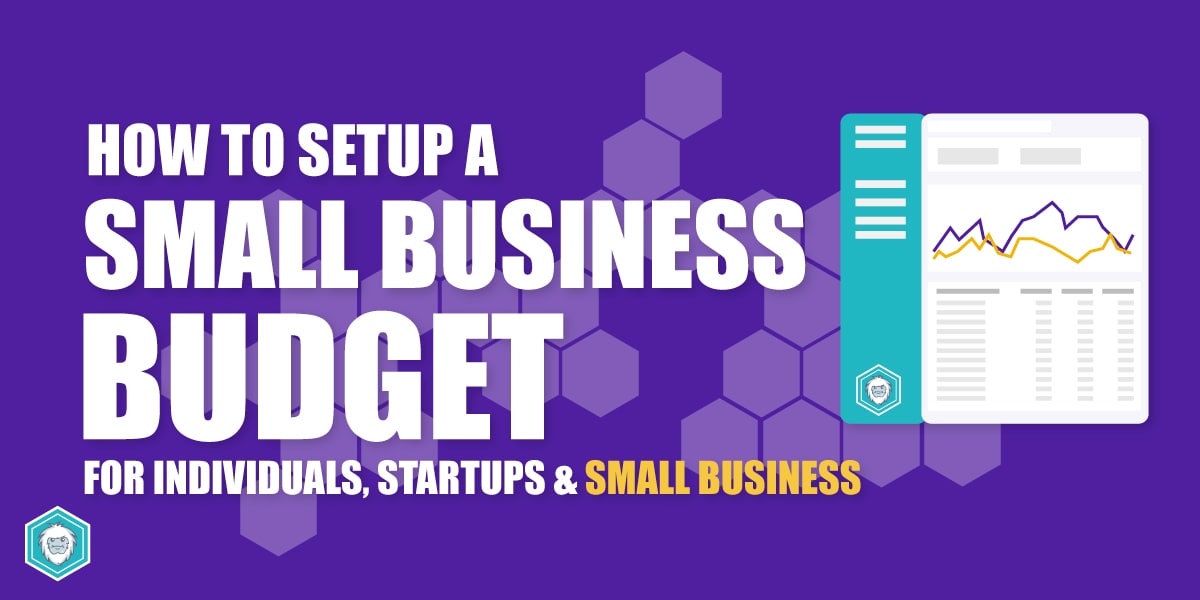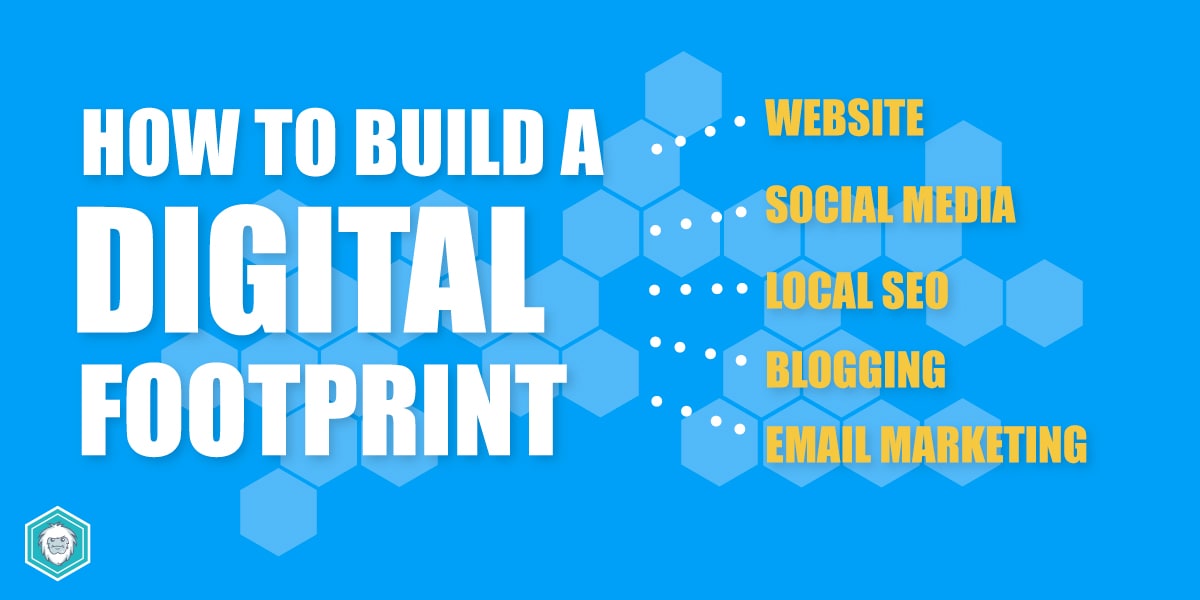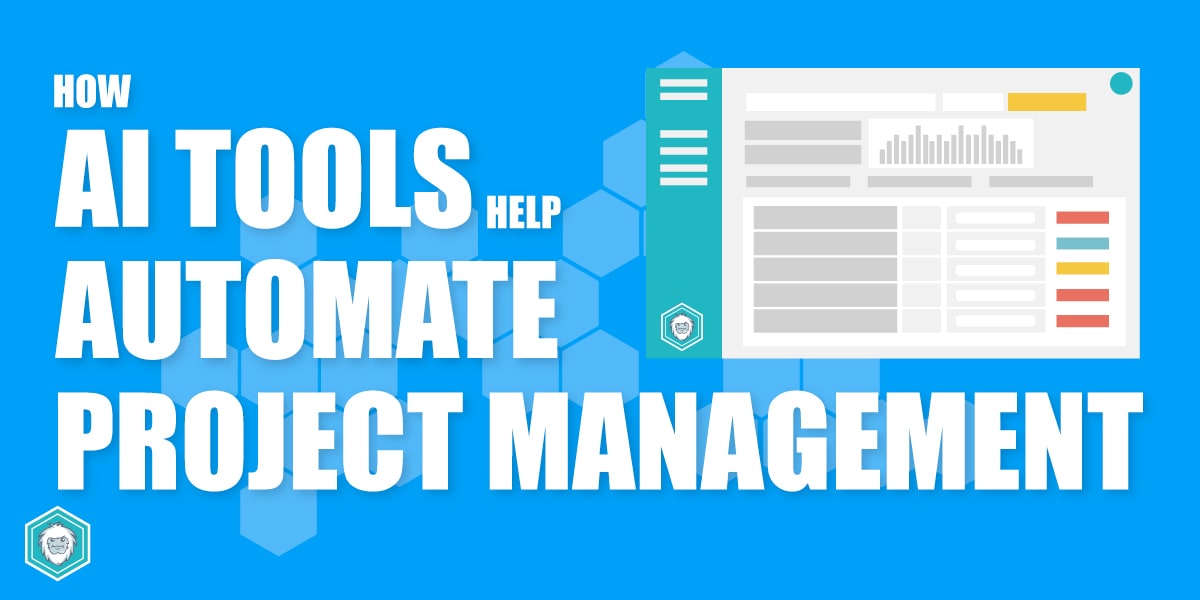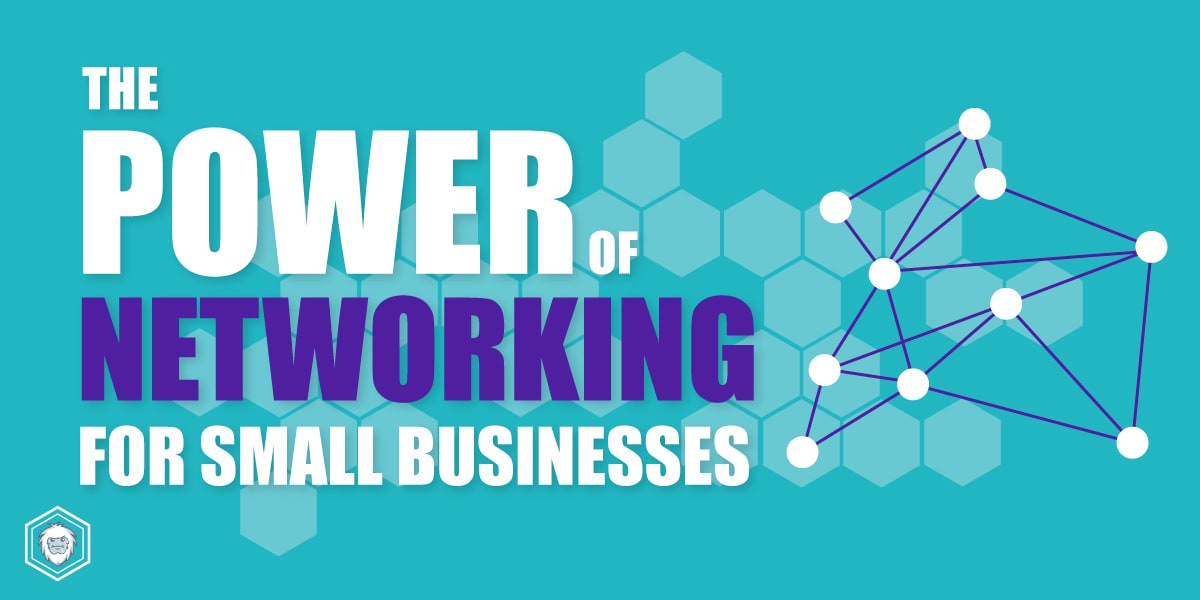How to Choose a Domain Name for Your Business
It’s not always easy choosing the right domain name for your business or website. Especially seeing as there are over 363.5 million websites* already registered in the world, and that grows by millions each year.

So it’s no wonder that even though you might have found the perfect brand name for your business when you try to register that domain, it’s probably already taken, especially as a top-level domain of .com or .net.
What’s even more frustrating is that the domains are often registered but parked, doing nothing but stopping you from registering them for yourself. There are ways you can still grab them, which we will cover a little later.
Half the battle is in trying to pick the best domain name in the first place.
With over **171,476 words in current use in the English language, you’d think that there would be plenty to pick from. When you consider that you can concatenate words and even make up new ones to come up with a name you can build a brand around.
But it can still be challenging to find one that matches what your online business or website is about.
Not all is doom and gloom, and we are here to help. Throughout this article, we’ll cover the domain name tools that’ll help you choose a domain name, what to think about when you go to register a domain, and a few aspects you might not have considered.
What to think about when picking a domain name
Before you even start buying a domain name, you’ll need to figure out a few things about what you’re trying to achieve with it.
For instance, what is your website going to be about, what emotion do you want to try and spark when people read it, and what’s your target audience.
You should already know these things if you’ve managed to write a business plan. If not, don’t worry. Take a few moments to think about it.
1. Can you make it a brand?
When thinking about a business name or domain name, then nowadays, you’re going to want to make it easy on yourself when it comes to marketing online or offline, especially in an ever-increasing competitive world.
- Keep it short: There’s no doubt short domain names are easier to remember than long ones. If you can find a short name that matches your business, then you’re one step ahead of the rest. If the name you like is long, then try abbreviations or initialisms. Take tuffyetibusiness.com for instance we could abbreviate it to tuffy.com or initialise it to ty.com
- Make it easy to spell: If you can find words that sound as they are spelled, this will make it easier for people who are typing in your domain name into the search or address bar to reach your site. Otherwise, you might have to spend extra cash on other domains that sound like yours and redirect them to not lose out on traffic.
- Think about design: Shorter names are easier to design than longer ones, look better on merchandise and stand out better.
2. Think about SEO
There’s no denying that SEO is important when running an online business. However, picking a domain filled with keywords is no longer as important as it once was, or so we are led to believe.
Branding is more important, but that’s not to say you can’t add some keywords if it fits with what you are trying to promote. Using a SEO tool like Semrush can help you find frequently searched keywords in your area of business.
Choosing the right domain name that’s easy to remember is a must.
3. Use a .com or local domain extension
You might find a great name for your domain, but which extension do you use.
If you’re targeting a more international audience with visitors from all around the world, then a .com or .net is a good bet. These are more familiar than most and take up around 30% of all domains registered.
However, if you’re only targeting traffic in the UK, for example, perhaps using a local .co.uk domain extension is better. It’s instantly recognizable and seen as a more trustworthy, reliable extension for your customer base.
Think about who you are targeting and where your traffic is coming from. Then pick the appropriate extension for your website.
While you’re at it, you might want to grab a few other domain extensions to try and protect your brand or business from others. You can then easily redirect them to point to your primary domain.
4. Check Social Media handles are free
Say you’ve found a good domain name that’s available at a reasonable price and works for your brand. Now’s the time to check to see if all your social media handles for it are free.
Why is this important? Well, it gives you consistency across your brand. It requires less effort on your customers’ or fans part making it easier and quicker for them to find you and easier for you to create email marketing campaigns.
Something that’s especially important if you use social media as a customer service tool like some businesses do.
5. Do your due diligence
Say you’ve found your perfect domain, it’s available, you’ve checked the social media channels are free, and you’re ready to push the Buy Now button.
Before you buy, you might want to do some due diligence.
Do an internet search and check if other companies are already registered with the name or are close to what you are thinking of purchasing.
If not, then you might be good to go.
- Free Privacy Protection
- Domain Marketplace for Premium Domains
- Cheap domain prices
- Free domain transfers
What if the domain name you want isn’t free?
If you’ve come up with a name and checked its availability at a domain registrar like Namecheap and it’s not available, don’t fret just yet.
There are a few ways you could still get your hands on the name you want.
First up, you’ll want to see if the domain is currently being used.
That’s easily done by typing it into the address bar of your favorite browser and seeing what comes up.
If you get a website back with content on it, you’re probably out of luck, and it’s time to move on.
If you have your heart set on that name, then some of the best domain registrars do let you contact the domain owners for a fee to see if they want to sell and for how much.
However, this can be a costly affair and could have adverse SEO effects on your new business depending on how much content is on the site and the domain’s popularity, something left to more of an expert than a startup.
If you see that the domain is parked (something it usually says on the page that comes back, followed by a long list of random links to advertisers), you might be in luck.
Now’s your chance to get in touch with the domain registrar and see if you can snap up the domain. Just beware that you’re often going to be paying a higher price than a domain that hasn’t previously been registered.
Domain Auctions
If you’re struggling to secure the perfect domain name, checking domain auctions might help you find a memorable and brandable option for your business.
Domain auctions are marketplaces where people buy and sell domain names that are already registered but available for purchase.
These auctions can be a great way to find a premium domain that fits your business, especially if your ideal name is already taken. Popular platforms like Namecheap Marketplace and GoDaddy Auctions, allow you to bid on domains, often at competitive prices.
Domain Name Generators
If you’re struggling to find a name, a domain name generator can help.
They’ll often let you enter single or multiple keywords you want to target and then come back with a list of results. Some are usually very basic, like the one you’ll find at GoDaddy just prefixing or suffixing words onto the end of your target words, which can be helpful in itself.

Some are more advanced, letting you target a specific industry, keyword, and the emotion you want to insight when someone comes across it.
You’ll then have to filter through the many results you get to find one you like.
Often these domain name generators come attached to a domain registrar, showing you only domains that are available to purchase, but many often come at a premium price.
Picking a domain name takes time
Hopefully, you’ve got a good idea of what steps you need to take to choose a domain name that’s easy to remember and how to avoid any other complications that might arise.
It’s not an easy task and often takes time and research to find a name that you are happy with.
Over the years, I’ve registered many domains and built websites around them. The one thing that has taken almost as much time as the initial development is finding a name that goes with the type of site and business I’m trying to build.
Sometimes, something quirky, rememberable, and a little out there can work. Just look at what Google managed to do, or keep it simple and name it after your favorite fruit (Apple); now, who would have thought that would have worked?
Whatever you choose, you’ll need a good domain registrar that’ll provide you with competitive prices and won’t kick you in the ass when it comes to renewals.
For this we suggest Namecheap, who offer some great prices as well as other website services like good hosting & security including SSL and CDN.
- Free Privacy Protection
- Domain Marketplace for Premium Domains
- Cheap domain prices
- Free domain transfers
Related Resources
References
- *BusinessWire.com - Internet Has 363.5 Million Domain Name Registrations at the End of the First Quarter of 2021
- **Wikipedia - List of dictionaries by number of words





